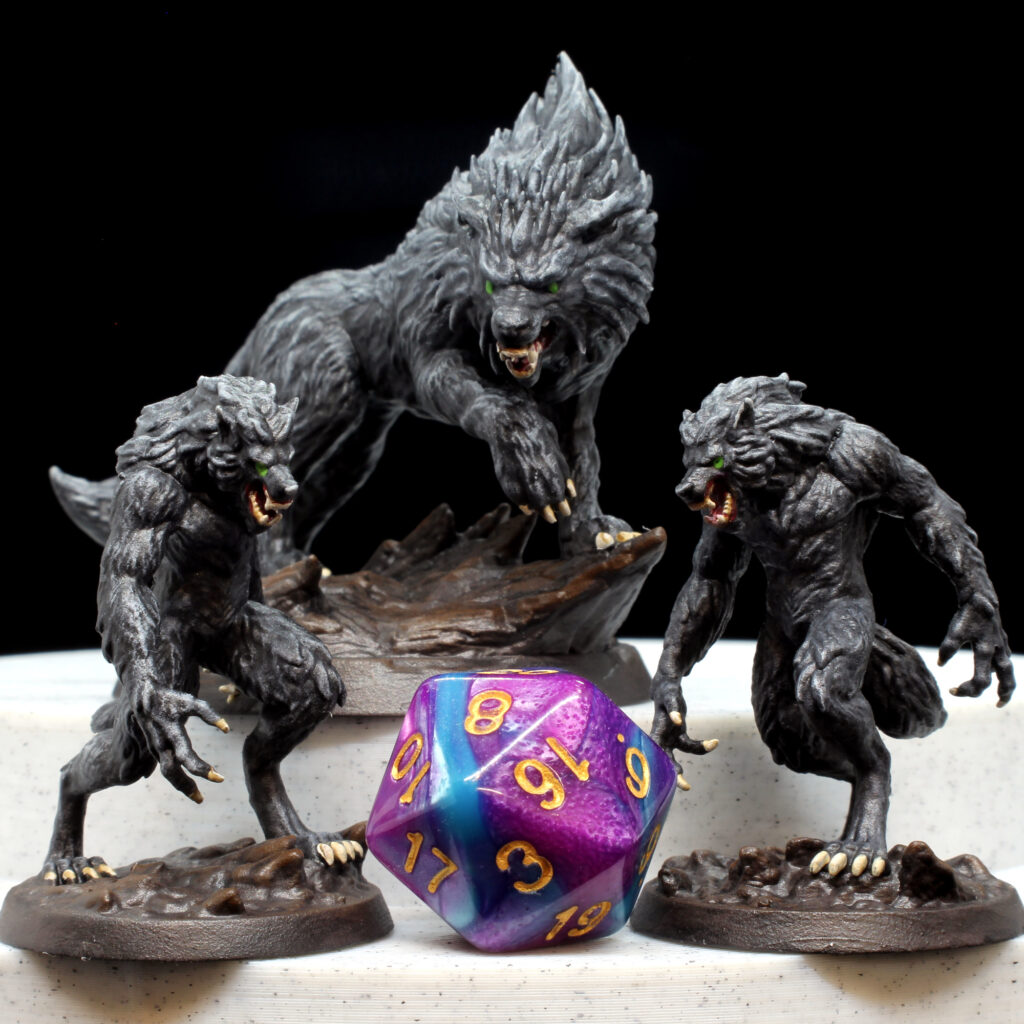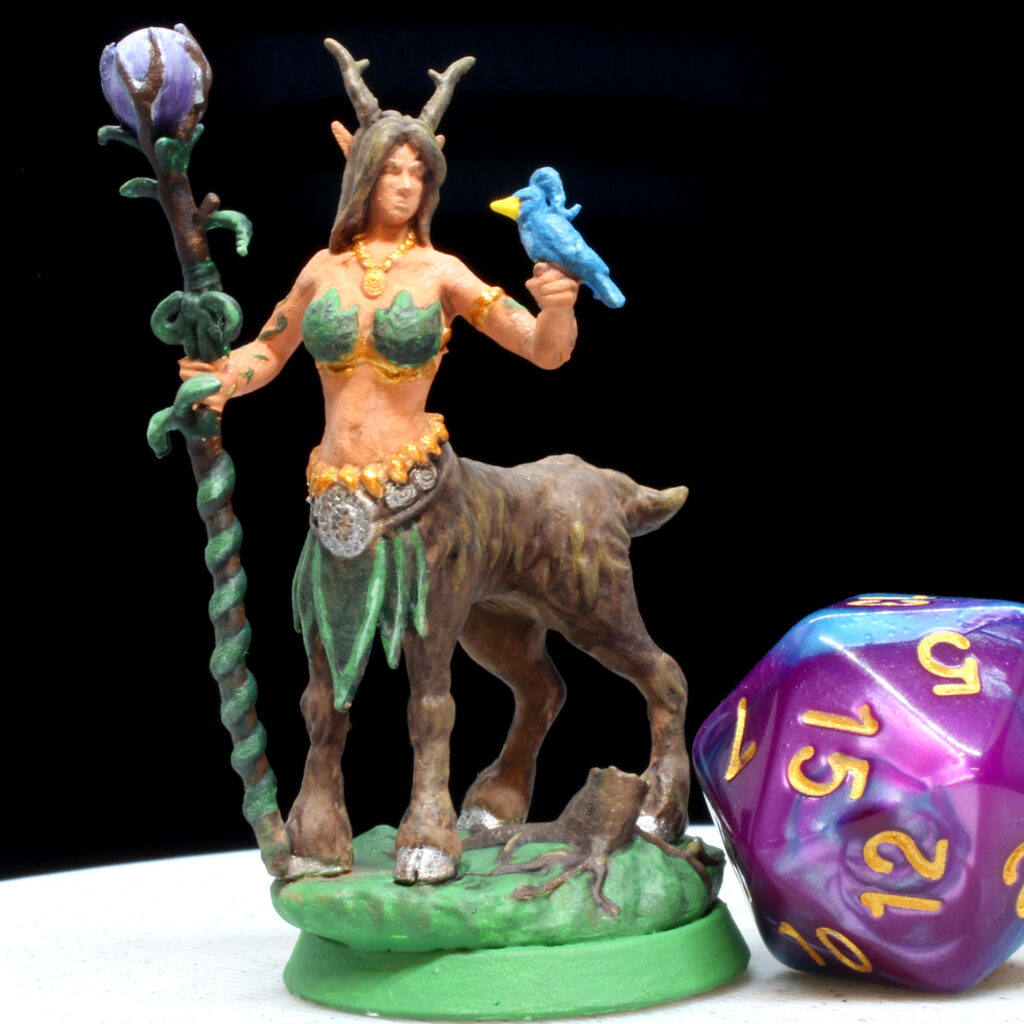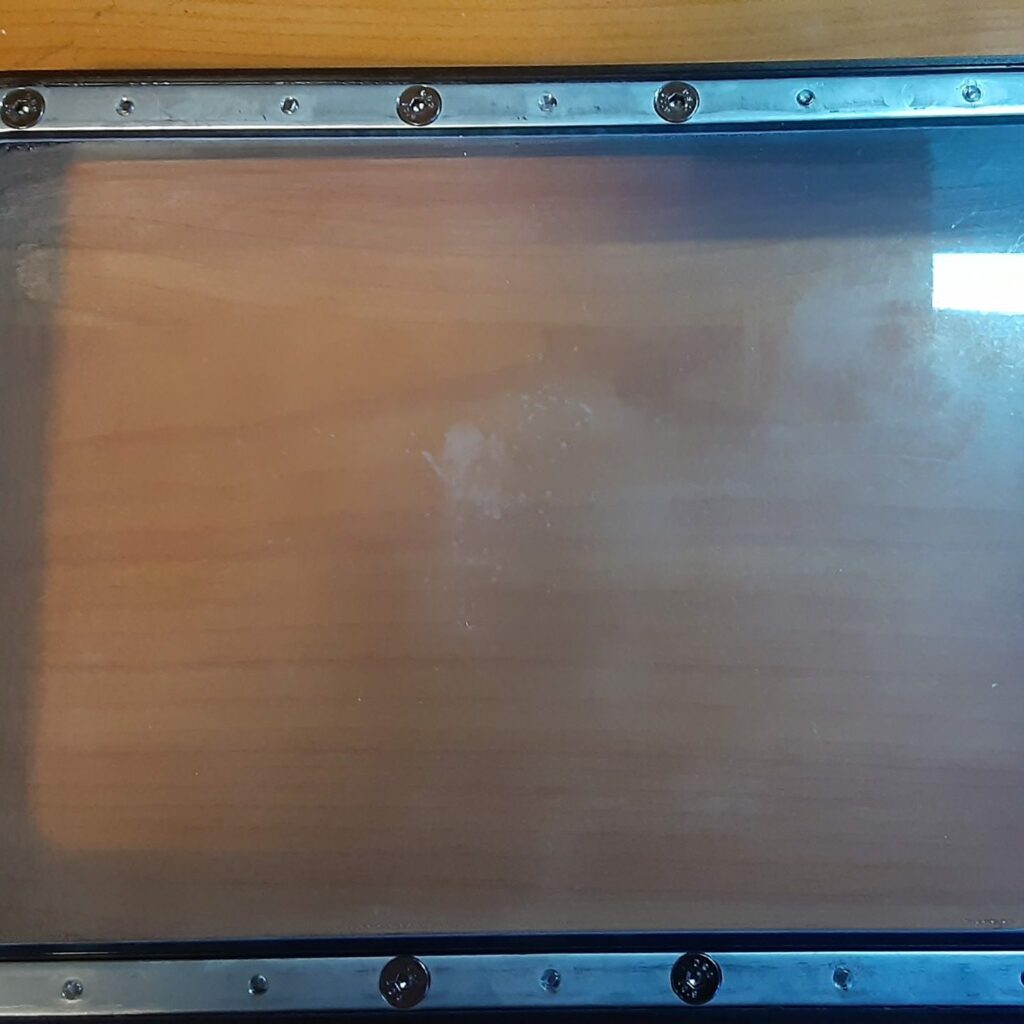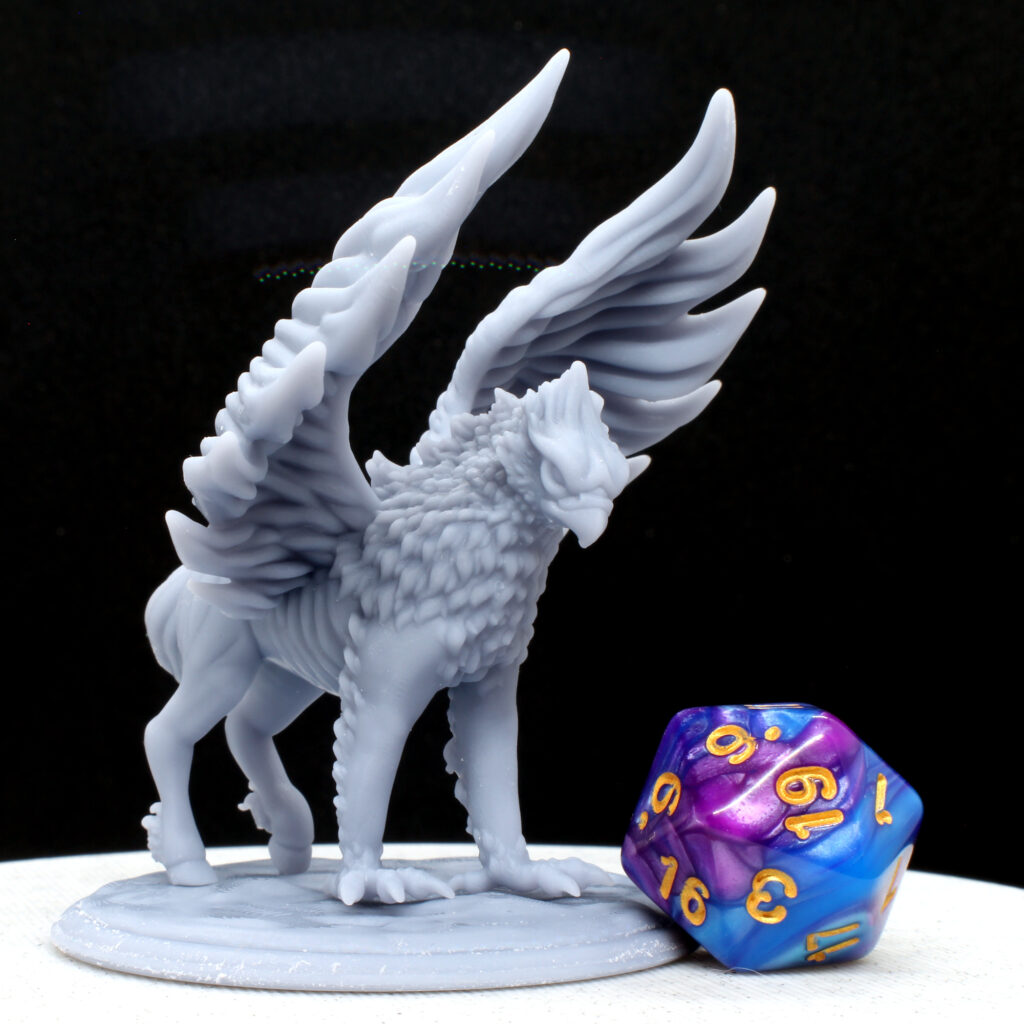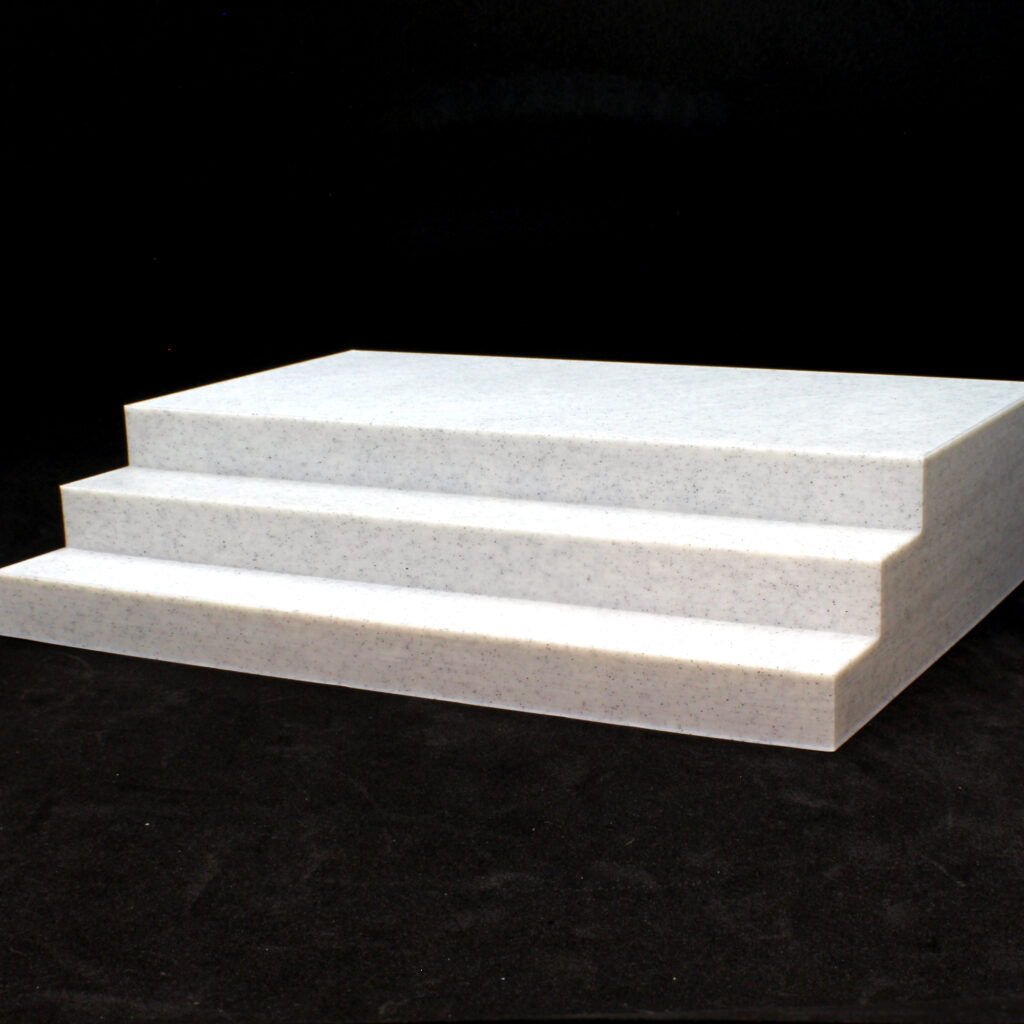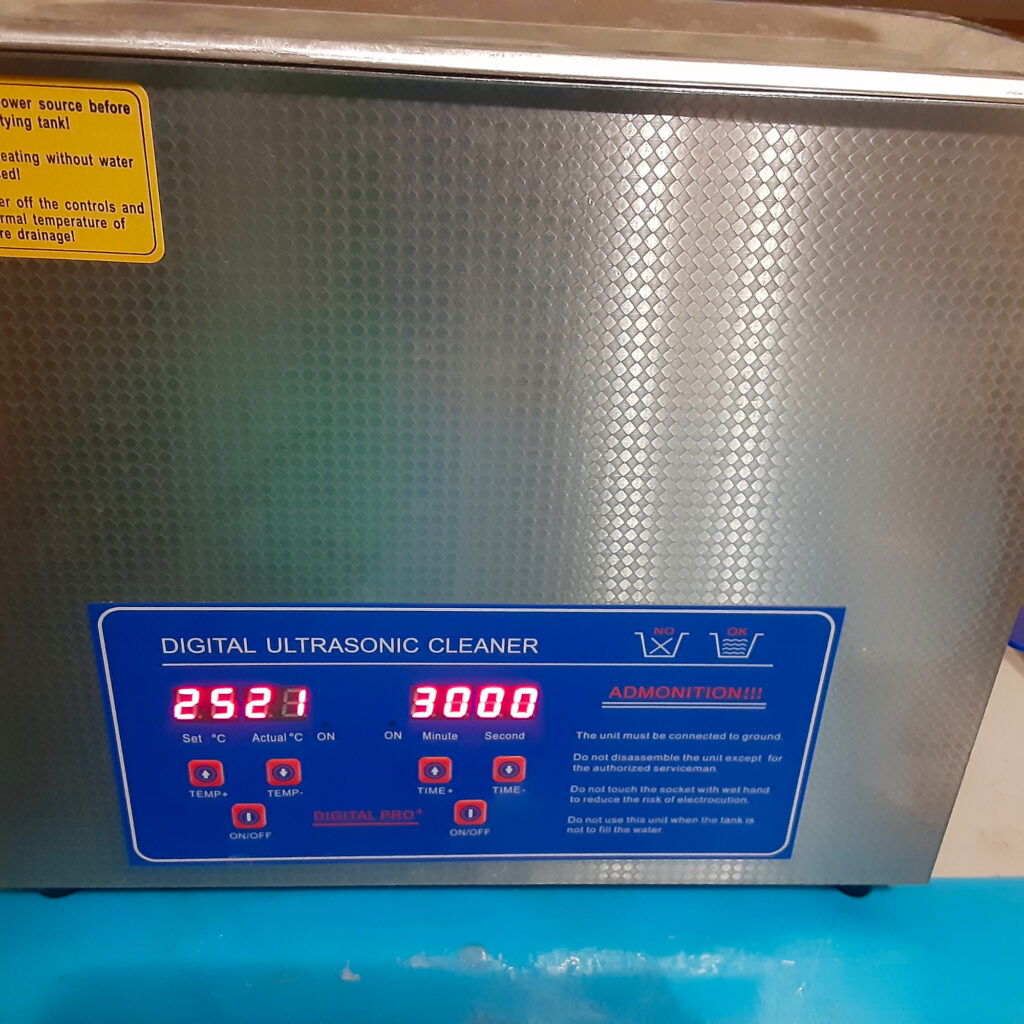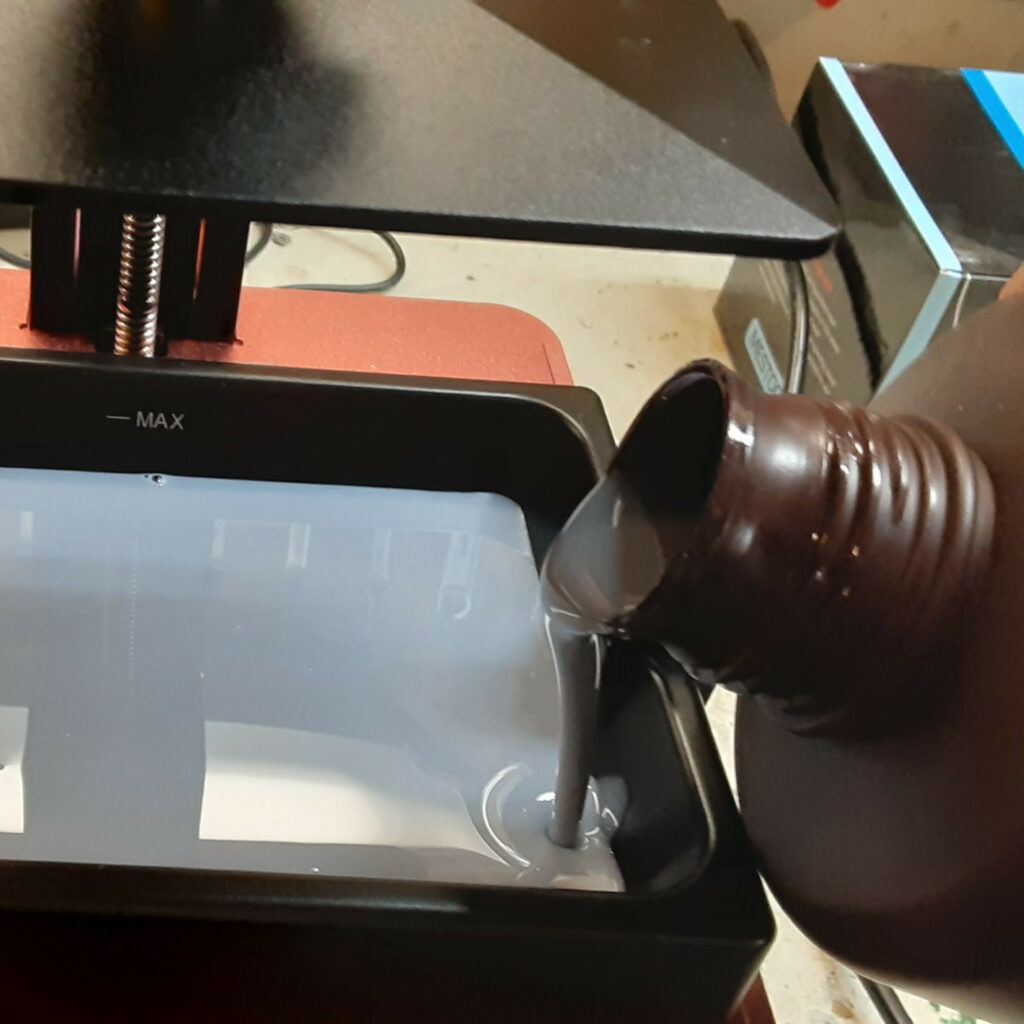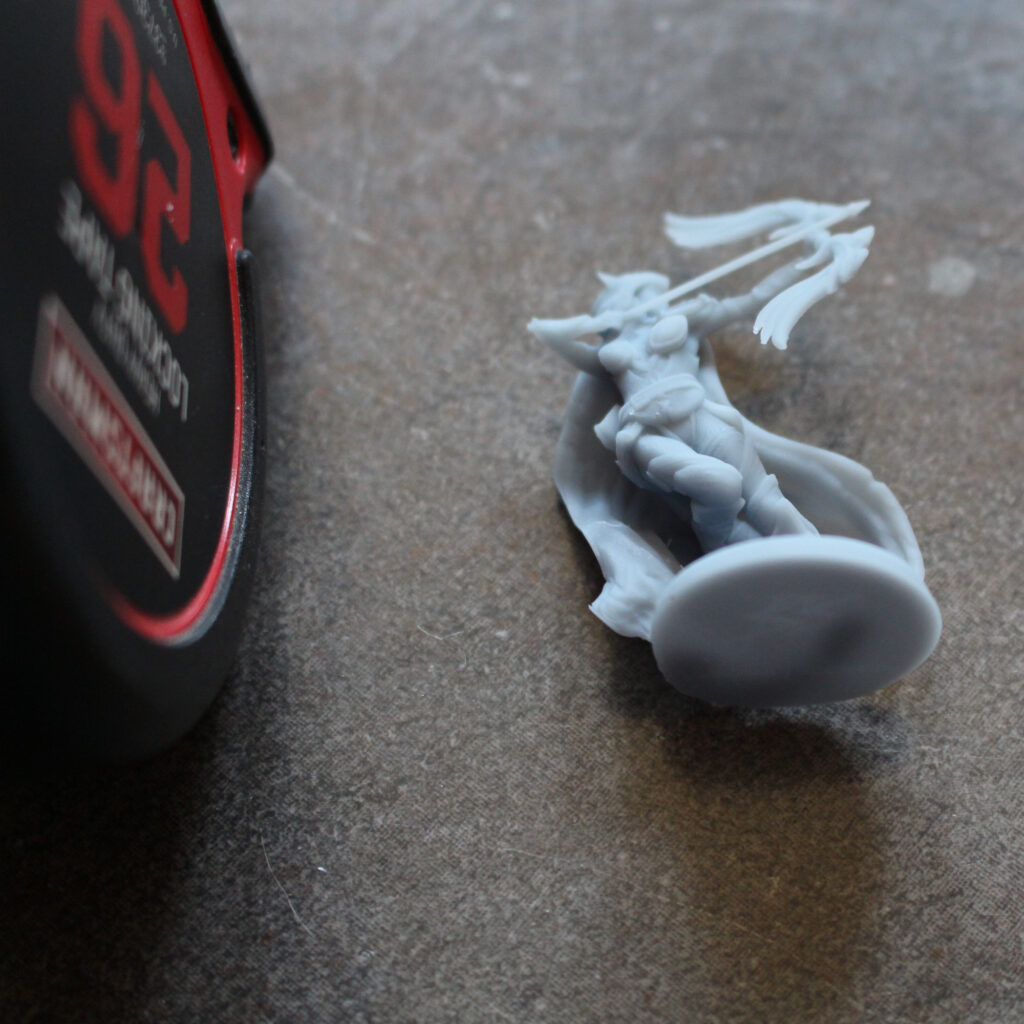When dealing with miniatures, scale always comes into play. Scale is especially important in tabletop gaming where there are some standards for how the miniatures need to fit on to a map, grid or fully modeled play area. Unfortunately the standards for tabletop gaming, especially in RPGs, are murky at best.
A brief history of miniature scale
Back when the first commercially available tabletop wargaming miniatures were released, the scale of the miniatures might have only existed through a single game or system. For instance, one game might have 20mm scale figures while another would have 25mm. Using models between systems could be awkward. Why is an infantry soldier taller than a tank?
Miniatures were always required in games such as Warhammer, but for RPGs such as Dungeons & Dragons, they were only ever optional. Some commercial sets for RPGs had been introduced as far back as the 1970s which mimicked their wargaming couterparts. These were typically said to be in the 25mm standard meaning that 25mm for the model was equivalent to roughly 6 feet in the real world.
Why so small?

The problem with 25mm figures, which were mostly made from soft metals back in the day, is that they lack detail simply because they are too small. There is only so much that the naked eye can see and if you’ve ever seen a 25mm scale figure, you can’t see too much.
So the world of miniatures seemed to progress more towards the 28mm standard. It would seem that everyone settled on this for D&D and tabletop miniatures in general. The 28mm sized figures definitely helped with detail, however already some miniature makers were noticing that if they slightly enlarged the scale of certain heroic figures, even more detail popped. And so miniatures have been ever-so-slightly getting larger. Just put a modern “28mm” scale figure next to one made in the 80s and you’ll see just how much bigger they have become.
Sticking with a scale

After a good deal of confusing research on the subject of miniature scale, I have finally decided to make my own scale for my own tabletop games. I’m sure someone has done this already, but I call the new scale 35mm. There are a few good reasons why I use this scale.
- 35mm figures have a good amount of detail that you can actually see without the help of magnification. Very small details come out that really bring life to the miniature.
- The bases that most “medium” sized miniatures use fit nicely into 1 inch squares. This works out perfectly for most tabletop RPGs which use 1 inch grids. “Large” sized use 2×2 inch squares.
- Scaling ratios work out surprisingly well. A 35mm miniature is 6 feet tall. A 30mm miniature would then be pretty close to 5 feet tall. 40mm? Yep, that’s 7 feet tall. The math involved in the ratio isn’t perfect, but good enough for our purposes. If you’re 3D printing, remember that a raised sword or horn on the head artificially adds to the height of the figure.
- Saying that a miniature is 25mm or 28mm scale but they are actually larger is pointless. Let’s just call it what it is: 35mm scale.
In conclusion…
I would recommend checking out some different sized pieces, measure them and pick a scale that works for you. When you find the right size, try to stick with that scale to avoid odd looking pieces. Your tabletop miniatures will look great when they are all the right size.
On the other hand, don’t stress over scale. So what if a giant is only slightly taller than an elf? You don’t need perfectly scaled miniatures to have fun. You and your tabletop players will have a lot of fun just having tangible pieces to use in your imaginary micro-sized world.
Was this article helpful? Become a Patreon or buy me a coffee and I’ll write more!







